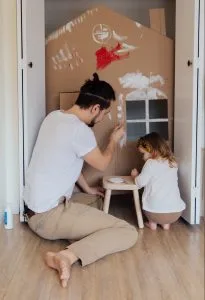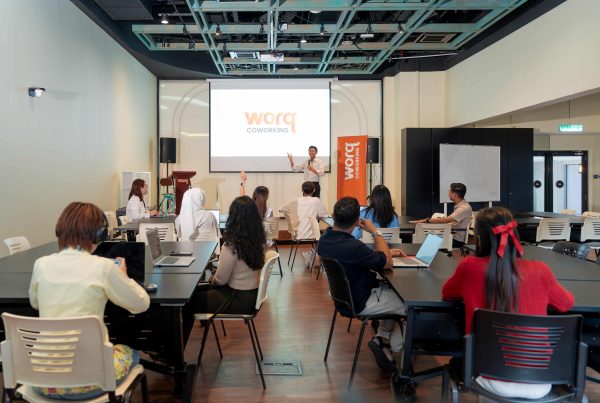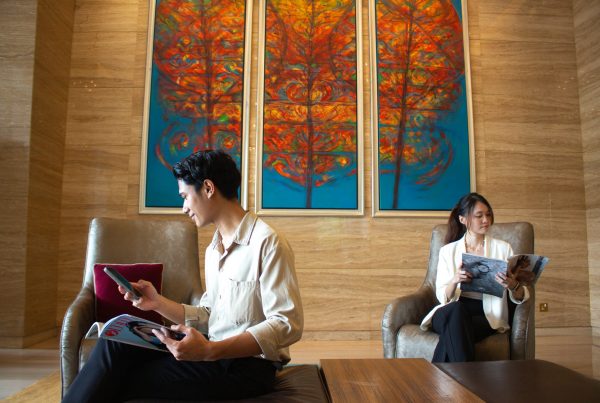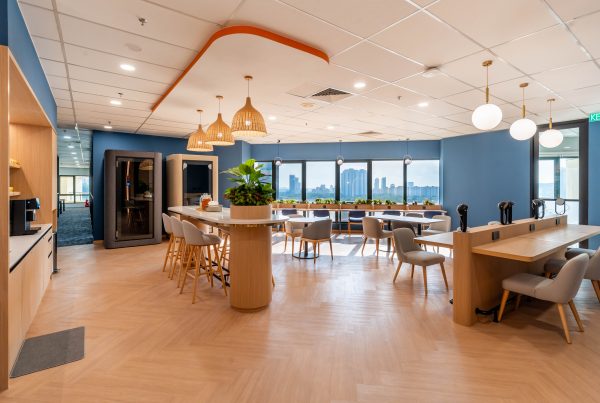Growing with and out of a pandemic
The COVID-19 pandemic has taken us by surprise, – confining us to our homes, making it compulsory to spend time with family, cook meals and be creative with our activities to keep us occupied (our phones are just not doing it anymore).
Wait, so we’re complaining about being with family and reducing the use of technology? The irony. Ever wondered why? Before we are able to acknowledge the “Good”, it is important to understand why we feel irritated with the disruptions.
Unknowingly we are all experiencing stages of grief
Without our knowledge, what we are feeling now is of the same emotional pattern faced by those who are in grief. We are grieving the loss of our normal daily routines, the uncertainty of our future and the feeling of having no power over any of these. In a recent article by the Harvard Business Review, David Kessler, known for his work of grief, points out that understanding the stages of grief is merely a start, as we as individuals, don’t go through stages of grief in a linear pattern:
“It’s not a map but it provides some scaffolding for this unknown world.
There’s denial, which we say a lot of early on: This virus won’t affect us.
There’s anger: You’re making me stay home and taking away my activities.
There’s bargaining: Okay, if I social distance for two weeks everything will be better, right?
There’s sadness: I don’t know when this will end.
And finally there’s acceptance. This is happening; I have to figure out how to proceed.” – David Kessler
Acceptance, as you might imagine, is where the power lies. We find control in acceptance. I can wash my hands. I can keep a safe distance. I can learn how to work virtually.
Read more about 5 stages of grief by Verywellmind.
Acknowledging the good and embracing the new normalcy

Once we adhere to accept the situation and embrace the new normalcy, we find that we no longer feel powerless and now in more control. Yes, this virus has killed many, turned our lives upside down, caused economic turmoil with people even losing their jobs. Nevertheless, on the bright side, mother earth is healing as there is lesser pollution, families are having meals together, young children are enjoying the comfort of having their parents at home and even new businesses are emerging from this crisis.
Read more: 4 Tips to Keep Your Sanity And Well-being During MCO
Going back to basics

Over the last few months, we’ve learnt that common sense and courtesy, that have been taught to us from young, are life-saving actions. Closing our mouths when we cough, washing and sanitizing our hands regularly, staying home when we’re feeling unwell, are all the things we’ve ignored, taken for granted, thinking we and the ones around us are invincible. A global outbreak of a flu-like virus had to prove to us that common sense and hygienic actions could have prevented a pandemic.
Prioritising people that matter to us

In such a fast-paced time and age, if it wasn’t for the pandemic, opting to work from home, prioritizing playdates with children or having dinner with ageing parents, would seem impossible for many. Is it true that these necessities of life have seemed distant in recent years, but probably that’s how the universe works to teach what will always be important, will always be home.
“That which does not kill us makes us stronger”
Indeed the quote by German philosopher – Friedrich Nietzsche, couldn’t be more fitting now more than ever.
Soon, with the pandemic over and with people recovering from the virus and from being cooped in their homes for weeks, “Working from Home” (#WFH) will probably be one of the most common hashtags people would have seen globally. While we learn how to work under any circumstances and cook, clean and care for our families, even when the economy comes crashing, will be twenty-first-century survival skills that we’d embody out of this global whirlwind, preparing us for the uncertain years ahead.
“Tough times don’t last long, tough people do.”





